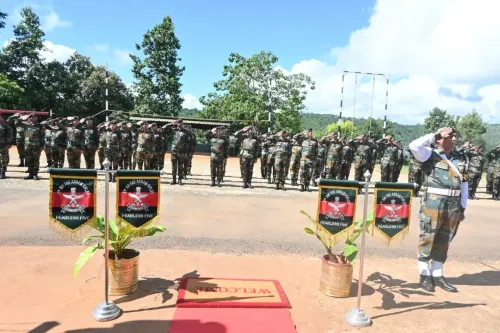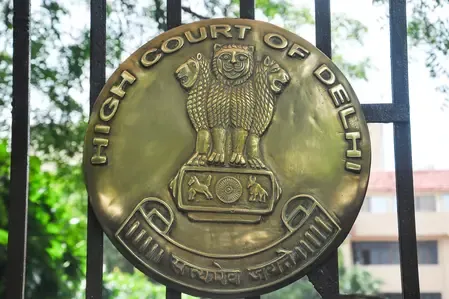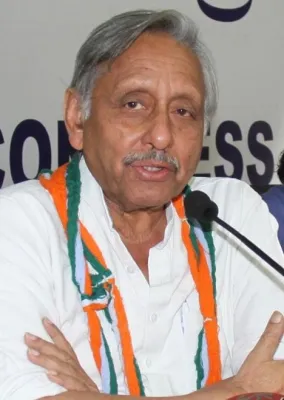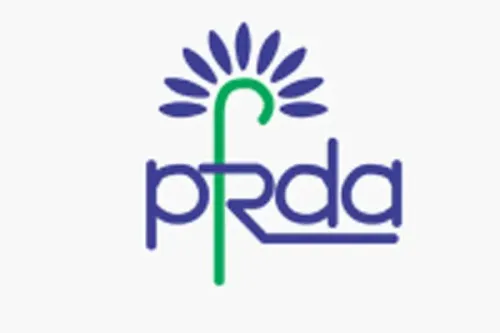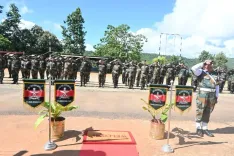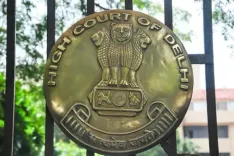Is the PM Janman Yojana Transforming the Lives of Tribals?
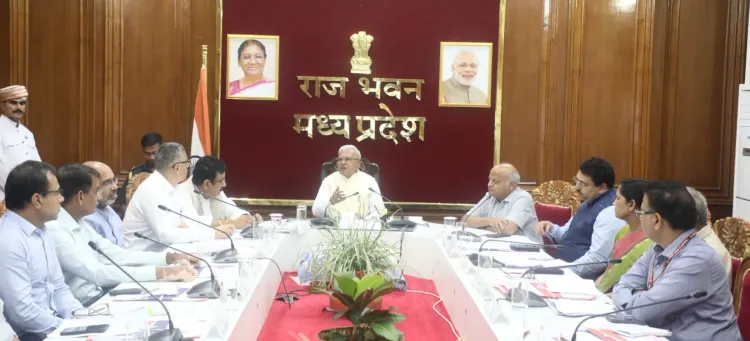
Synopsis
Key Takeaways
- Transformative impact of PM Janman Yojana on tribal welfare.
- Focus on sustainable development through essential services.
- Continuous monitoring is crucial for effective implementation.
- Engagement with tribal families enhances community feedback.
- Successful execution across 58,000 tribal settlements.
Bhopal, Aug 11 (NationPress) Describing the "Pradhan Mantri Janta Adivasi Nyay Maha Abhiyan (PM-Janman Yojana)" as the largest tribal welfare initiative since Independence, Madhya Pradesh Governor Mangubhai Patel highlighted on Monday how this program has significantly transformed the lives of tribal families.
In a meeting focused on assessing various beneficiary schemes under the 'PM Janman Yojana', the Governor stressed the need for ongoing monitoring of all initiatives aimed at enhancing the welfare of tribal communities.
He reviewed the advancements of essential programs, including the supply of tap water to every household ('Har Ghar Nal Yojana'), universal healthcare, electricity access, education for all, Pradhan Mantri Gram Sadak Yojana, Pradhan Mantri Awas Yojana, the status of multipurpose centers, mobile medical units, and mobile network connectivity.
The Governor instructed officials to approach tribal families with sensitivity, engage with them regularly, and gather feedback to implement necessary adjustments promptly.
He directed district officials to inspect the ongoing projects under the 'PM Janman Yojana' every three months.
Moreover, the Governor commended the operation of mobile medical units and encouraged efforts to broaden their reach.
The meeting also underscored the importance of employing staff fluent in local tribal dialects to facilitate better communication and outreach.
Recently, the Madhya Pradesh government announced that it has made significant progress in executing the 'PM Janman Yojana' across 58,000 tribal settlements, benefitting 2.62 lakh individuals from the Saharia, Baiga, and Bharia communities.
The government asserted that it achieved 100% success in issuing Aadhaar cards, Ayushman Bharat cards, Janman bank accounts, caste certificates, Kisan credit cards, PM Kisan Samman Nidhi, and ration cards to the residents of these settlements.
These documents enable residents to access various welfare schemes provided by both the Central and state governments.
Programs such as PM Awas Yojana, PM Gram Sadak Yojana, multipurpose centers, tap water access in every household, electricity provision, nutritional support, health facilities, education for all, mobile connectivity in villages, and the construction of Van Dhan Vikas Kendras are being implemented to ensure the well-being of families in these areas.
Shivpuri district ranks first in the country for providing housing to tribal families in the state.
Over 16,000 homes have been constructed in Shivpuri, with additional constructions in Shahdol (10,711), Sheopur (7,639), Umaria (6,410), Chhindwara (5,479), and Mandla (5,446).
Construction of homes under the PM Awas Yojana is also progressing substantially in other districts, as per the statement.

